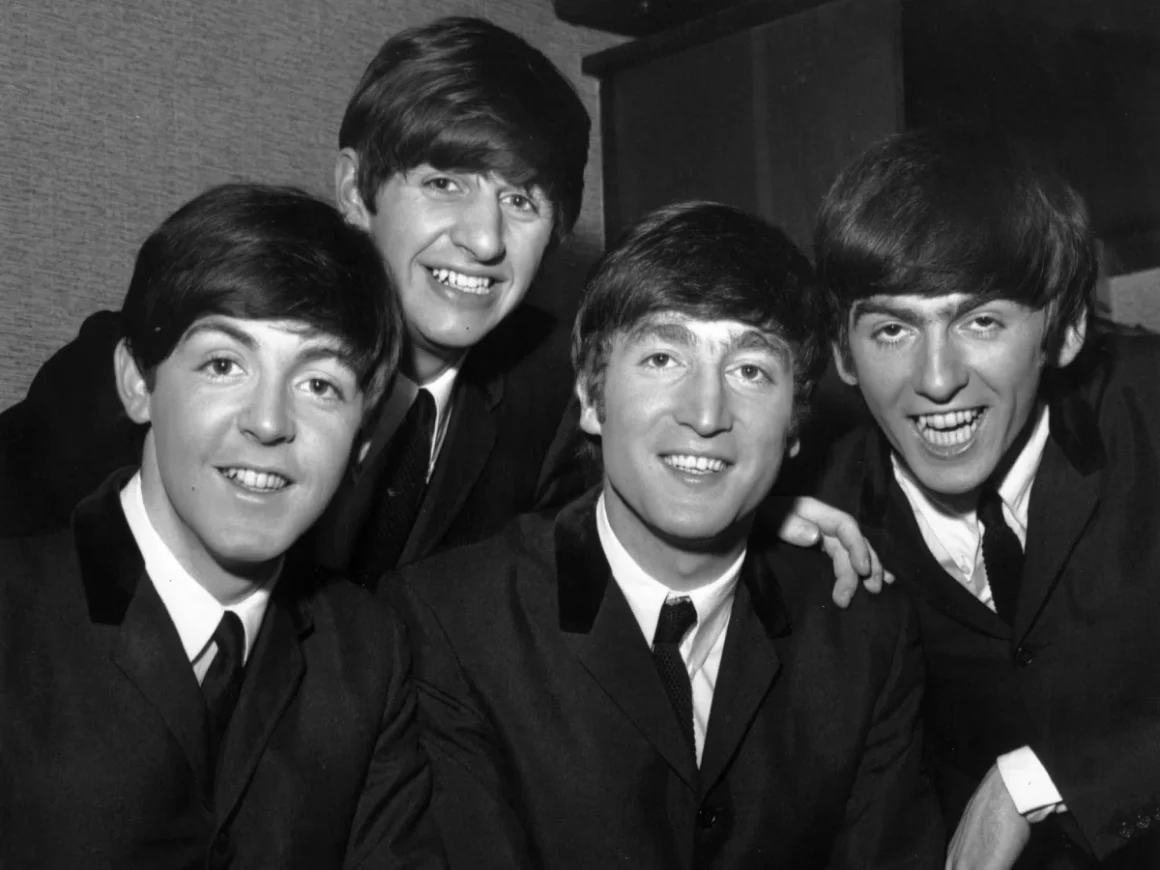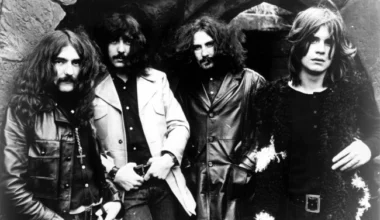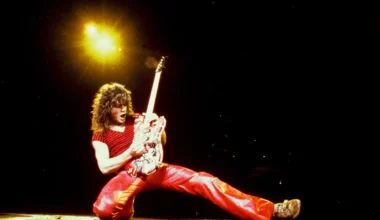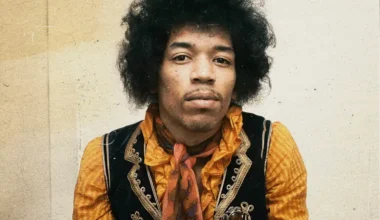As icons of change, The Beatles not only revolutionized music but also reshaped the way musicians interacted with their peers and the public. Known for their unparalleled musical talent, they ventured into unexplored territories, thanks in part to their fearless attitude. Their journey from the clubs of Hamburg to global superstardom is a testament to their innovative spirit and their willingness to discard musical conventions.
Breaking the Mold: The Beatles’ Influence on the 60s Counterculture
The Beatles’ arrival on the music scene coincided with a cultural shift towards the counterculture of the 60s, marked by a spirit of rebellion and a departure from traditional values. Their music, infused with themes of love, peace, and freedom, became the soundtrack of a generation eager for change. Their influence extended beyond music, as they used their platform to speak out on social issues, setting a precedent for artists to come.
Five musicians The Beatles hated:
George Harrison and The Hollies: A Clash of Musical Ideas
George Harrison’s open disdain for The Hollies highlights the competitive and sometimes contentious nature of relationships within the music industry. His criticism of their version of his song “If I Needed Someone” illustrates how artistic interpretations can lead to friction between artists, even when they hail from the same region.
John Lennon’s Take on Blood, Sweat & Tears: An Industry Perspective
John Lennon’s critique of Blood, Sweat & Tears reflects his broader skepticism about the direction of popular music. It also speaks to his doubts about the authenticity of artists topping the charts. His comments underscore a critical view of the commercialization of music and a longing for the raw, unfiltered essence of rock ‘n’ roll.
Neil Young Through George Harrison’s Eyes: An Unexpected Aversion
George Harrison’s candid remarks about Neil Young’s guitar playing reveal the subjective nature of musical appreciation. Despite Young’s status as a respected musician, Harrison’s taste led him to a different conclusion. This showcases the diversity of opinions even among contemporaries.
Elvis Presley: From Idol to Antagonist in John Lennon’s View
John Lennon’s evolving opinion of Elvis Presley, from admiration to critique, mirrors the changes in his artistic journey and the shifting landscape of rock ‘n’ roll. Presley’s transition from a revolutionary artist to a more mainstream entertainer disillusioned many of his early followers, including Lennon.
Paul McCartney and Phil Collins: A Frosty Interaction
The encounter between Paul McCartney and Phil Collins at Buckingham Palace sheds light on the complexities of artist interactions. It also highlights the impact of fame on personal relationships. McCartney’s dismissive attitude highlights the challenges of maintaining humility and graciousness in the face of celebrity.
Conclusion: The Beatles’ Legacy of Openness and Influence
The Beatles’ willingness to speak their minds about other artists and their work contributed to a more open and honest dialogue within the music industry. Their critiques, while sometimes controversial, paved the way for future generations of artists to express their opinions freely. They enriched the discourse around music and creativity.








